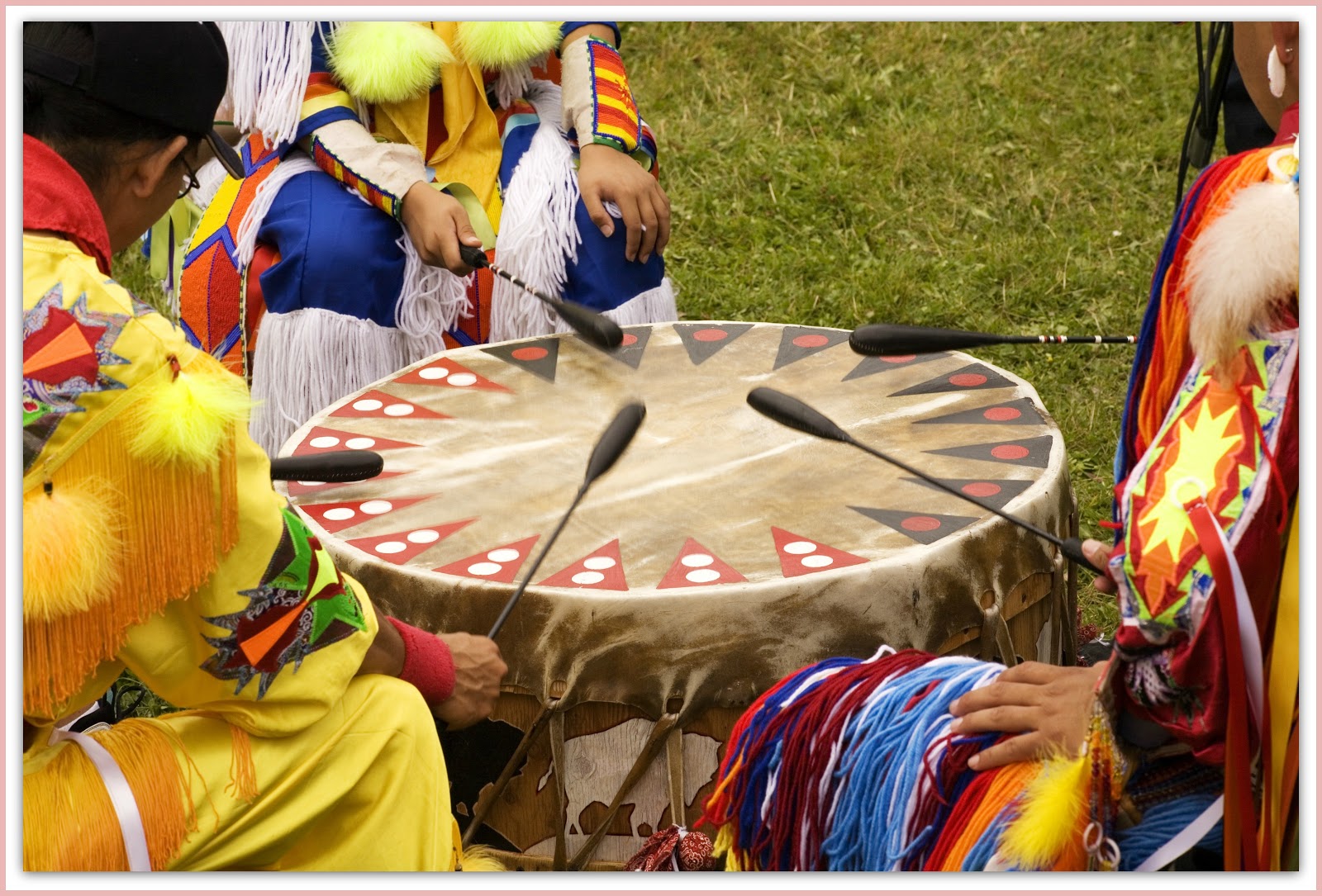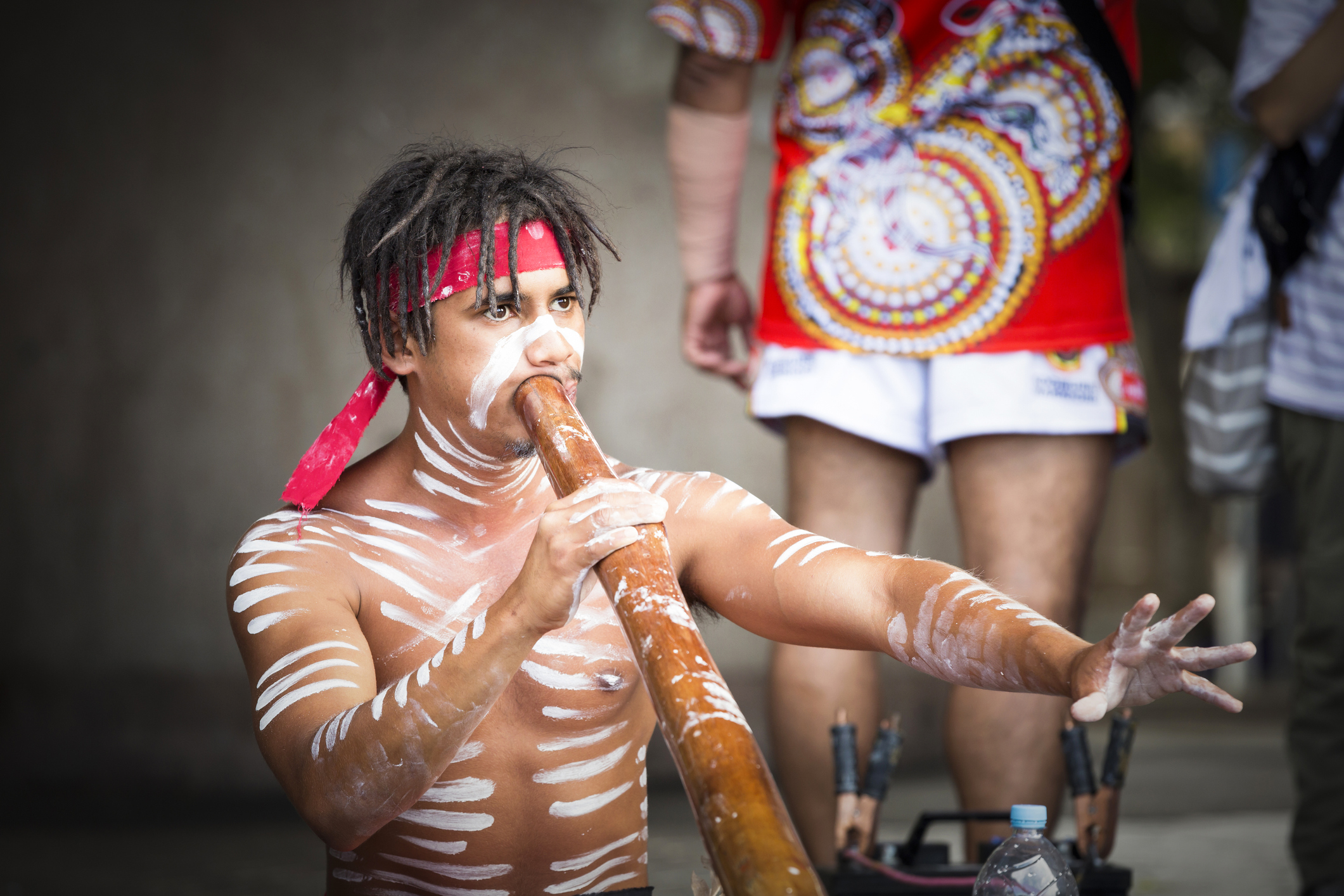
Learn About Aboriginal Song & Dance With Ozzie Educational Video For Kids Indigenous Culture
InanayCInanay gupu wannaInanay gupu wannaC FAy ay ay oola COola oola oola ay G CYippee yay.

Naidoc week Artofit
Share your videos with friends, family, and the world

Musically Montessori Celebrating The Native American Music & Dance of North America! Magical
Numbers - Kutju (koo-joo) One (1) - Kutjara ( koo-djah-rah) Two (2) - Munkurpa (man-koor-pah) Three (3) Anangu mainly speak Pitjantjatjara and Yunkunytjatjara. These are dialects of the Western Desert Language, the largest language group of Aboriginal Australia. The group includes 4000 speakers and stretched northwest to Balgo, west to Port.

Free Printable Aboriginal Dreamtime Stories Aulaiestpdm Blog
www.cheekytunes.com.auThis song was written by Eleanor Clapham in collaboration with Matty Doyle.LyricsNgaya Naba (our family)Ngaya Naba (our family)Ngaya Be.

Drumming and Singing Aboriginal Songs YouTube
The Wanjoo song is popular in early childhood education centres, schools and choirs around Perth, thanks to its deep roots in the Noongar tradition. It was written by singer-songwriter Gina Williams, who released an album sung entirely in the Indigenous language of Western Australia. Williams believes that if you live on Noongar country, you.

Watarrka Foundation
Then why is it so tricky for me as a white Australian music educator to weave Aboriginal and Torres Strait Islander songs into the repertoire I introduce children to? Lost Knowledge. Aboriginal and Torres Strait Islander Australia is made up of many different and distinct groups, each with their own culture, customs, language and laws. I live.

Songlines Aboriginal Art and Storytelling Aboriginal art, Aboriginal, Aboriginal history
Sovereign Bill - the voice of Molly of Denali sharing a Reclaimed ID. Children's songs in Inuktitut recorded on vinyl by the CBC in the early 1980s. Baby Shark in Navajo (!) Plus, the cutest.

Australian Aboriginal Display and Activity Bundle NAIDOC in 2020 (With images) Word wall cards
Biyal Biyal A selection of nursery rhymes and Australian songs in Aboriginal language available as free downloadable PDFs and audio to play. Click on the song card image, to view and download the full song translated into Aboriginal language.

Inanay Indigenous children's song YouTube
We'll listen to the waves on saltwater Country and sing songs in Gumbaynggirr. We'll tell stories in the red and rocky ranges of Adnyamathanha Country. And play by the river on Yorta Yorta woka.

Aboriginal Music YouTube
Buddy Lullaby (Jeremy Thomas, Unsplash ) Nabárrdja -The Little Crab The Little Crab is sung in Na-Kara and English by the Ripple Effect band members, Rona Lawrence, Marita Wilton, Rachel Thomas and Jodie Kell. Listen 2m 27s 0 seconds of 0 secondsVolume 90% 00:00 00:00 The Little Crab (Bonnie Kittle, Unsplash) Wirrumu -The Moon

(PDF) Using songs and movement to teach reading to Aboriginal children
Ozzie teaches kids about an important part of Indigenous Australian culture, Aboriginal Song & Dance. We learn traditional instruments such as the yidaki or.

The Most Beautiful Song Ever Written (Australian Aboriginal) YouTube Songs, Beautiful songs
Aboriginal music for children · Playlist · 43 songs · 1.9K likes

Australian Aboriginal Dreamtime Story How the Birds got their Songs and Colors Artworks
www.cheekytunes.com.auFind a Cheeky Tunes live show near you.This is a great song to teach your class to sing during Naidoc week 2019.Ngaya Naba Ngaya NabaNg.

Two Aboriginal Songs Two Aboriginal Songs Poem by Banjo Paterson
Taba naba naba norem Style Hints and Tips: Translation: Come on let's go to the reef Get into the dinghy when the morning tide is low Let us row to the edge of the reef Come on let's go to the reef. Taba Naba is a children's song originating in the Torres Strait Islands just north of the continent of Australia.

Aboriginal Children's Songs by Nadine Gagne Nadine Gagne, Children of the Rainbow Drum Group
The song has been made to help aboriginal children understand the importance of drinking plenty of water to help prevent renal failure. The Jimmy Little Thumbs Up! program is targeted to young people aged 5 to 16 in an effort to close the gap on Indigenous health where Aboriginal people are 12 times more likely to fall victim to diabetes than.

Reconciliation Week this is a great image that can be adapted into a classroom to show the
Games - traditional Aboriginal and Torres Strait Islander games or games involving Australian animals. Language - using words in local Aboriginal languages for greetings, finding out the aboriginal names of Australian animals, plants, body parts and other terms children understand. Be sure that you use a reliable source of information for these.